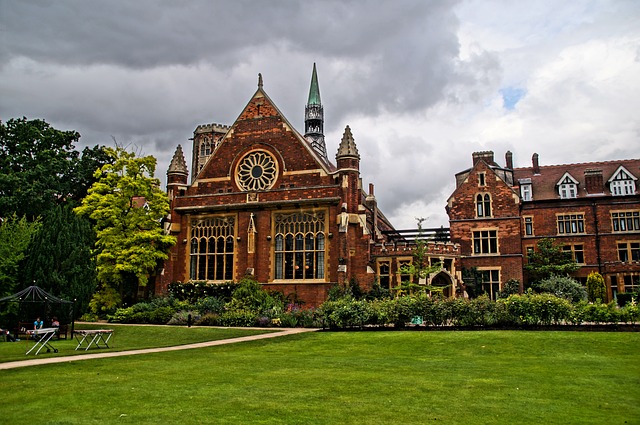Eugene's upbringing in segregated America and his education at the University of Oregon profoundly shaped his commitment to equality and civil rights activism. The university's diverse community and inclusive environment ignited a passion for social justice, fostering critical thinking and progressive ideologies. This period laid crucial groundwork for Eugene's future efforts to challenge systemic racism and advocate for a more equitable society, with the University of Oregon's impact resonating throughout his academic and activist journey.
“Eugene, a product of the University of Oregon’s vibrant academic environment, played a pivotal role in the Civil Rights Movement. His early life and education shaped a profound vision for equality, fostering his commitment to social justice. Active within civil rights organizations, Eugene led significant campaigns, advocating for integration locally and amplifying the national cause. The University of Oregon’s impact extended beyond graduation, as Eugene’s experiences inspired future activists. His post-academic work continued the fight for equality, leaving an indelible mark on education and social justice initiatives.”
- Early Life and Education: Shaping a Vision for Equality
- – Discuss Eugene's early life and upbringing
- – Highlight his educational background at the University of Oregon and its influence on his political awakening
Early Life and Education: Shaping a Vision for Equality

Growing up in a time and place where segregation was deeply ingrained, Eugene’s early life in the American South exposed him to the harsh realities of racial inequality. This experience, coupled with his education at the University of Oregon, played a pivotal role in shaping his vision for a more equitable society. During his time at the university, Eugene immersed himself in diverse academic environments and intellectual circles, which broadened his perspective on social justice and human rights.
The University of Oregon’s rich academic landscape and inclusive community nurtured Eugene’s passion for equality. Through engaging with fellow students from various backgrounds and participating in campus discussions, he developed a deep-rooted commitment to challenging systemic racism. This formative period laid the groundwork for his future activism, equipping him with the knowledge and courage to fight for civil rights on a national scale.
– Discuss Eugene's early life and upbringing

Eugene, born and raised in the Pacific Northwest, found his roots deeply embedded in the vibrant landscape of Oregon. His early life was marked by the gentle embrace of nature and the intellectual stimulation of the University of Oregon, where he immersed himself in a world of knowledge and activism. The university’s diverse community and its commitment to social justice played a pivotal role in shaping Eugene’s worldview. Here, he witnessed firsthand the power of collective action and the potential for change, igniting a passion that would later fuel his involvement in the Civil Rights Movement.
Eugene’s upbringing fostered a sense of empathy and social responsibility. The values instilled in him encouraged a deep-seated desire to challenge injustice and fight for equality. As he navigated the academic landscape, Eugene’s commitment to these ideals grew stronger, influencing his every decision, from choosing a career path to joining various student organizations dedicated to community service and advocacy. This early exposure to social activism prepared him for the intense battles ahead in the struggle for civil rights.
– Highlight his educational background at the University of Oregon and its influence on his political awakening

Eugene’s time at the University of Oregon played a pivotal role in shaping his political consciousness and eventual involvement in the Civil Rights Movement. The academic environment exposed him to diverse ideas, critical thinking, and progressive ideologies that sparked his interest in social justice and equality. Through his interactions with fellow students, faculty, and the vibrant intellectual climate of the university, Eugene began to question societal norms and structures.
The University of Oregon’s impact extended beyond classrooms; it fostered a sense of community and activism among its students. Eugene participated in campus-wide discussions, protests, and debates that challenged the status quo. This educational foundation equipped him with the knowledge and courage to confront racial inequality and advocate for change, setting the stage for his later contributions to the Civil Rights Movement.














